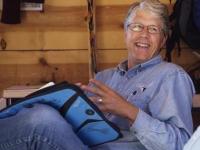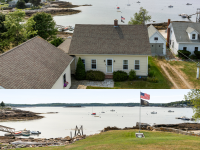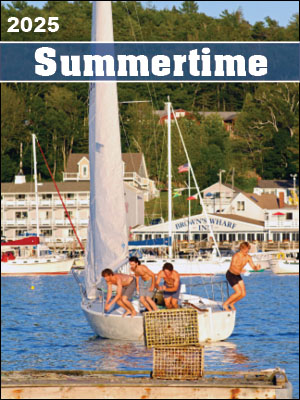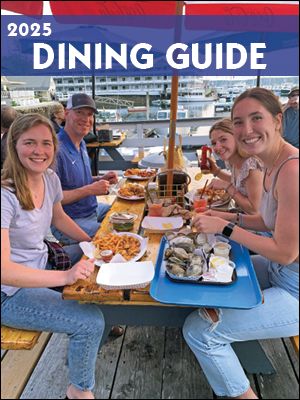A solution looking for a problem
Dear Editor:
The referendum on Nov. 4 regarding voter ID requirements in Maine is a solution in search of a problem. There has been no evidence of widespread voter fraud in Maine. Our voting system is secure, and this proposal is unnecessary. Instead, it introduces an unjustified barrier that will make it harder for some Mainers to exercise their right to vote.
This proposal will disproportionately impact the elderly, disabled, and homebound citizens who rely on absentee ballots. Absentee voting is hugely popular in Maine, with 388,000 absentee ballots issued during the 2024 presidential election alone. Currently, voters can request an absentee ballot simply by calling their town office, where eligibility has already been verified. If this law passes, they would now be required to provide a copy of an ID via mail, fax, or emailto receive their ballot, creating a privacy risk or a technology barrier. Not everyone has a scanner or a photocopier at home.
Additionally, those who have discrepancies between their ID and the voter rolls—such as people who have changed their names due to marriage or divorce—could face unnecessary complications. This situation could result in confusion and prevent eligible voters from casting their ballots simply because their official ID does not match the records.
Furthermore, the plan calls for ballot drop-off boxes to be monitored by bipartisan teams. While election integrity is vital, we are already struggling to recruit enough workers. Asking small towns to double their election staff will only lead to fewer drop-off boxes and greater barriers to voting. Some towns may even stop using these drop boxes altogether.
We already have a secure, effective system in place, and proponents of voter ID have failed to provide any credible data to suggest otherwise. Mainers have bigger problems to solve, such as affordable housing and inflation. Let’s not waste time on manufactured issues.
On Nov. 4, vote No on the voter ID referendum and help ensure that voting remains accessible for all Mainers.
Byron Cortez
Boothbay























